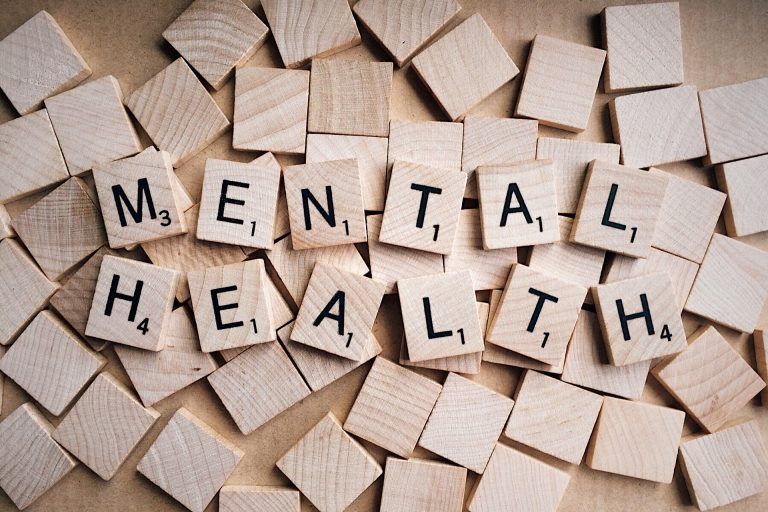Taking care of your mental health is important. When you do, you can get through all of the challenges in your life. In addition, you can also burn off any of the anxiety that you might be feeling.
Exercise helps burn anxious energy
Getting a good amount of exercise is important to both your physical and mental health. It can reduce anxiety and stress, improve sleep, and boost your mood. It’s also a good idea to get in touch with your doctor before starting a fitness regimen. They can help you create a program to fit your needs and goals. HealthTap brings you the basic health related knowledge, which can help you identify and answer your health queries efficiently
Exercise produces the feel-good chemical epinephrine. It also produces endorphins, which are the body’s natural painkillers. Exercise can also increase your self-esteem. It may not be able to cure depression, but it may make you feel better in the short term.
Exercise also increases dopamine, which may boost your mood. Exercise may also help your brain cope with stress. Exercise can also help to reduce cortisol, which is the stress hormone.
The best way to exercise is to play sports. It’s also a good idea to get in touch with a mental health professional, especially if you are experiencing panic attacks. You can also do art therapy and take online classes. You can also try deep breathing, which is a simple exercise that can have a large impact on your anxiety.
Also read: Picuki for Instagram – Is it Really Safe and Anonymous?
Eating healthy promotes mental well-being
Having a good diet is not just important for our physical health, but it can also help to protect our mental health. It has been found that eating a well-balanced diet can improve the symptoms of depression and anxiety.
Research shows that people who eat a diet high in nutrient-dense foods have less depression. Eating fruit has been shown to help reduce depression scores.
Some studies have shown that eating a diet high in fats can also protect against depression symptoms. Diets rich in omega-3 fatty acids and unsaturated fats also protect mental health.
A University of Otago study found that eating more raw vegetables led to increased feelings of wellbeing. Researchers had participants answer questions about their feelings for two weeks.
Another study found that people who ate a diet high in fruits and vegetables had a lower depression score. People who ate more savory snacks had increased anxiety.
Foods high in antioxidants, like fruits, vegetables, and whole grains, can help protect against mental illnesses. The brain relies on nutrition to produce new tissues and proteins.
Overcoming life’s setbacks
Regardless of what type of setback you are facing, there are ways to overcome them in a healthy way. These ways will allow you to learn from your experience and move forward.
Setbacks can be overwhelming. You may have lost a job, a relationship, or even money. You may feel like your life has come to an end. It can be hard to see beyond the pain you feel. The key is to take the time to process your feelings. You should also talk to a coach or a therapist.
There are ways to overcome life’s setbacks with mental health. The first step is to recognize that you are in the midst of a change. You must be prepared to handle the challenges that come your way. You must be willing to take the steps required to move forward.
When you are facing a setback, you need to evaluate the situation from an objective standpoint. This will help you determine your next steps. It will also prepare you for future setbacks. You may have lost your job, or you may have been overlooked for a promotion.

